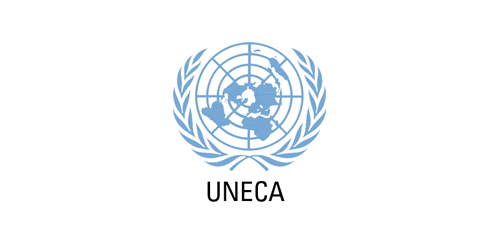By Asmau Ahmad
The United Nations Economic Commission for Africa (UNECA) has said that Africa had the capacity to generate about 46 trillion dollars by 2050 should the continent harness its abundant resources.
The Acting Executive Secretary of the commission, Mr Antonio Pedro, said this in Niamey, Niger on Monday.
Pedro spoke at the Preparatory and Capacity-Development Workshop for Major Groups and other Stakeholders in the African Region for the Ninth Session of the Africa Regional Forum on Sustainable Development.
He said: “Democratic Republic of Congo (DRC) and Zambia jointly account for over 70 per cent of global cobalt and 10 per cent of global copper production.
“If we manage to harness all of these resources, we can generate incomes that are much more significant than what we obtain today by exploiting and exporting raw materials.
“Our figures and other people’s estimates suggest that this market will be up to 46 trillion dollars by 2050. So, we need to be able to harness this opportunity.”
Pedro also said that UNECA was working with the DRC and Zambia to develop a regional battery mineral value chain in Africa that promised to contribute to global green energy transition and rapid decarbonisation.
According to him, the development will significantly advance industrialisation and economic growth on the continent.
Moreover, Pedro said the African Development Bank estimated that African extractive resources could contribute at least 30 billion dollars each year to government revenue for the next 20 years.
“That is if we were to stay just in the extractive sector. But the case of DRC and Zambia goes beyond that and is about creating a value chain that will facilitate the manufacturing of electric vehicles on the continent, the deployment of renewable energy across the continent,” he said.
On the African Continental Free Trade Area (AfCFTA), Pedro said that the commission was supporting the agreement to promote intra-African trade and help African economies become more resilient and globally competitive.
“Once fully implemented, the AfCFTA agreement will create a single African market that is home to approximately 1.2 billion people in the combined gross domestic product of over 2.5 trillion dollars.
“Those numbers, especially the population, will strengthen the business fundamentals for investing on the continent,” he said.
He also said the UNECA was supporting African countries in leveraging carbon markets to raise climate finance, and funding their socioeconomic development in green transitions.
“It is estimated that Africa could generate as much as 82 billion dollars annually in carbon credits, depending on the prevailing carbon price,” he said.
Also, Pedro said the UN Secretary-General, Antonio Guterres, called for a 500-billion-dollar a year payers Sustainable Development Goal (SDG) stimulus to finance sustainable development.
“This underscores the magnitude of the investment needs. The SDG stimulus will support countries in addressing short term urgencies balanced with the need for long term financing towards achieving the SDGs.
“Although ambitious, we believe that if secured, this will be a win-win for Africa, and the role of the major groups and other stakeholders is integral towards its achievement,” Pedro said.
He encouraged participants at the regional forum to propose practical solutions and policy recommendations to advance Africa’s path to sustainable development.


